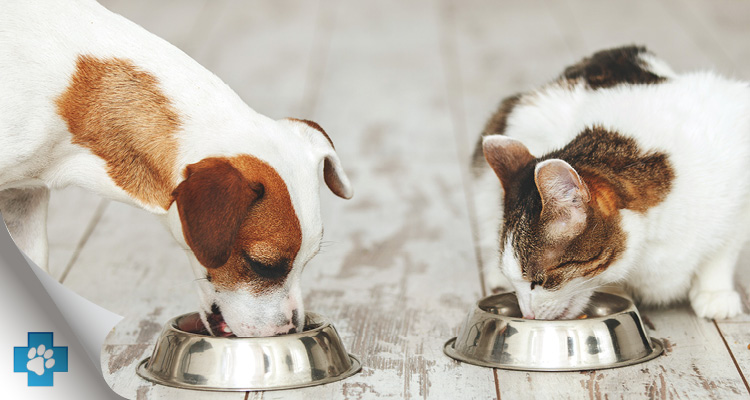FAQ’s
We are constantly being asked pet questions from our customers, so we’ve made a handy FAQ section to answer all of your most common queries. Find below some important points you need to know when it comes to general care for your cats and dogs…
There are many different ways to train your pup, and in part, it can depend on which methods your dog responds best to. Typically, this involves some kind of positive reinforcement, otherwise known as lots of treats and cuddles!
Alternatively, you can look to hire a private trainer who can either work with you and your pet or take sole reasonability for training your pet.
Have you got any more pet-related questions? Reach out to a member of our team today, we’ll be happy to answer any queries you have regarding your pet’s health or our services.
When bringing a new pet into your home, we always suggest insuring them for any veterinary assistance they could require in the future. This means you will never be left in the situation of not being able to afford medical or surgical care for your pet. Alternatively to this, you could look to regularly set aside money to cover the health costs of your pet if they should ever arise.
The dental health of your pet is extremely important. You can look after this by regularly brushing their teeth with animal toothpaste (don’t use human toothpaste) to reduce the build-up of plaque. You can also provide your pet with products such as Oravet dental treats, and Oxyfresh freshening liquid designed to promote oral well-being. We always recommend bringing your pet in for check-ups so our experienced team can complete a full dental check-up of your animal and address any issues early on.
Our team always recommends the regular use of flea and tick prevention for your pet to avoid an outbreak of these parasites.
If the worst happens and your pet contracts fleas, there are a number of medicinal treatments to kill adult fleas as well as flea eggs and larvae. When experiencing a flea outbreak, treat all pets in the household, and make sure to thoroughly wash all bedding and vacuum.
If you notice a tick on your pet, call Cherrybrook Vet Practice immediately on 9980 1800. Note that it is important to remove the tick in entirety, including the head and this may require some help from our team. It is also important to be aware of the signs of tick paralysis, so please speak to one of our team members to discuss what signs to look out for.
It is important that any pet’s diet is nutritious to ensure the ongoing health and well-being of your animal. However, this nutrition is very individual not only to the kind of pet you have, but also the breed of that pet. The food should also help to support your pet for the particular stage of life they are in, without causing any issues to their skin or damage to their gut health. You could look to feed your pet wet food which helps hydration, or dry food which can in turn help to reduce tartar build-up. Our team of experts will always be on hand to provide bespoke advice for your pet’s nutritional health.
